Economics
A complete introduction
To Margaret
Economics
A complete introduction
Thomas Coskeran
Contents
Welcome to
Economics: A Complete
Introduction!
In 2008 the world economy contemplated disaster. Banks were in deep trouble, countries faced economic ruin, and the livelihoods of hundreds of millions worldwide were threatened. Suddenly, economic problems were again at the heart of public debate and no longer confined to classrooms, business seminars, or finance ministries.
As somebody with a PhD in economics, who has taught the subject for 30 years in schools, colleges and universities, and worked as an economic adviser to government, it might seem that I should have welcomed this development. Matters I had long studied were no longer the preserve of economists but were being discussed regularly in the media, workplaces, pubs, and perhaps even the gym.
Yet I did not see it that way. What had happened was a failure. Economists had made grievous errors. In the worst cases, we had forgotten lessons learned in the past and repeated mistakes made by previous generations. Instead of a triumph, the focus on economics felt more like an embarrassment.
This book represents a response to those events. I would like people who know of economics only from the failures of 2008 also to know of its successes and the insights it provides. Gaps in economic knowledge persist, as the 2008 crisis spectacularly demonstrated. But, I believe, economics still promotes progress in human societies. And, in my view, the more who know about economic ideas, the less likely we are to repeat past mistakes.
I hope this brief, introductory book shows what the subject can offer, stimulates interest in economic affairs, and promotes a continuing study of economic thought. I also hope that you, dear reader, enjoy the book.
Thomas Coskeran
Introducing economics
Defining economics
Let us start at the heart of economics: the universal belief among economists that human beings have insatiable or infinite wants, are never satisfied with what they have and always want more. This belief is not based on scientific evidence or testing. Economists assert it as true. They are unlikely, though, to be the only ones holding it. Many parents probably share this view of human nature after spending so much time explaining to their children why they cannot have all they want.
Yet this take on people, even if shared by non-economists, can give economists a bad name. It suggests a jaundiced view of human beings as selfish, and is apparently confirmed by economists notion of economic man, a person who is selfcentred and always out to get the best for him or herself.
Insatiable wants need not, however, imply selfishness. We might want more for others and never be satisfied with what they have had given to them, which is a much more positive view of human beings. But, whatever our wants, whether for ourselves or others, experience suggests that believing we are insatiable is reasonable.
Despite granting that people might consider others, economists usually do think (although not always) that people want things for themselves. Economists accept that people can be concerned for others and most economists, if not all, would argue that they care for their fellow human beings. The difficulty is that economists have found they can better predict peoples actions by assuming they are self-absorbed. We might consider the economists view a triumph of experience over hope.
Humanitys insatiable wants seem an odd starting point in a book about economics but they are central to the subject because of a harsh reality. The earth lacks the resources to satisfy these wants. The earths resources are, in the term used by economists, scarce. Although a few might be in enough supply to satisfy all wants, such as the air we breathe, they are the exception of free goods which prove the rule that most resources are scarce.

Economic and free goods
We can divide goods into economic goods and free goods. Any good that is scarce is an economic good. A free good is in enough supply to meet every imaginable human want. But goods that people do not pay for are not necessarily free. The NHS in the UK is free to users but for economists it is not a free good. Scarce resources are used in providing health care making it an economic good.
The earths resources
Economists divide the earths scarce resources into four factors of production: land, labour, capital and enterprise. They are combined to produce goods and services people want. A good or a service satisfies a human want. Apples and Ferraris are goods; haircuts, music concerts, and taking an economics course at university are services. For each example, when the good or service is supplied a human want is satisfied and production has taken place.

The factors of production
Land resources provided by nature, such as oil and, yes, land. In economics, land includes the sea, a good example of economists giving a familiar word a different meaning
Labour those available to work
Capital goods used when producing other goods, for example buildings and machinery
Enterprise those who, as entrepreneurs, combine the other three factors to produce goods and services
The economic problem
Insatiable wants, combined with scarce resources, create a problem for human societies. If we cannot have all we want, we must choose how to allocate our scarce resources. This is the economic problem and economics is the discipline that studies how to tackle it. If all wants could be satisfied, or if resources were unlimited, the economic problem would disappear, no choices would be required and the subject of economics would be unnecessary. But these conditions do not exist.

Production
is any activity that satisfies a human want. If you bake a cake for your mothers birthday, you are engaged in production, even if you are not paid for it (which, presumably, you would not be). It is the satisfaction of a want, not receiving a payment, that makes your cake-baking production.
Instead, economists study the economic problem to ensure that societies make choices which get the most from the available resources. Some wants will be unsatisfied, given the earths limited resources, but we should try to satisfy as many as possible. Failing to maximize the potential of existing resources would be wasteful.
John Maynard Keynes (18831946), arguably the most important economist of the twentieth century, had this idea in mind when he described economists as the trustees not of civilization but of the possibility of civilization. By minimizing the effects of the economic problem economists create conditions that allow for a civilized life.


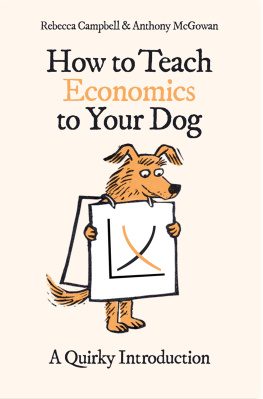
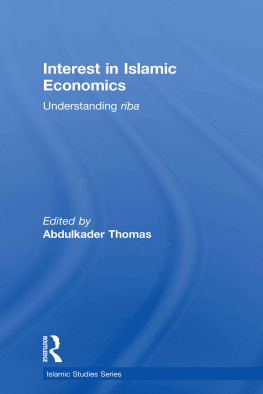
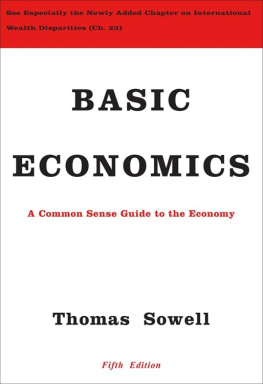
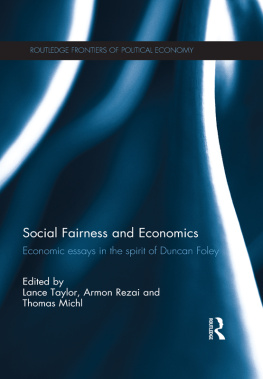
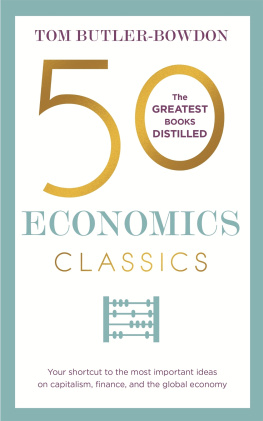
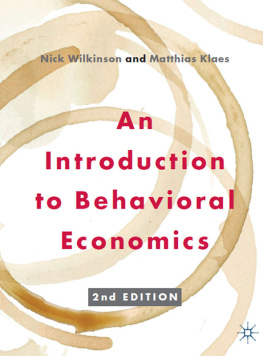

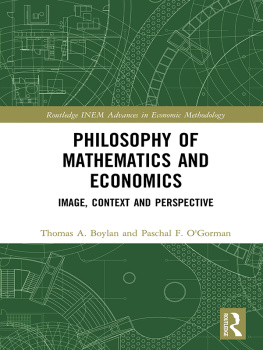
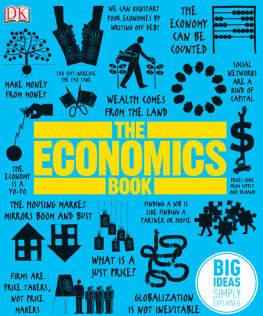
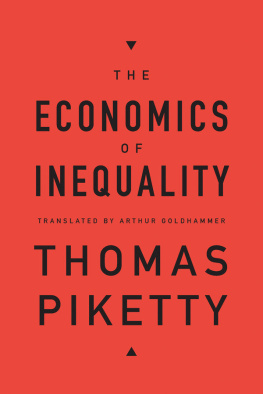
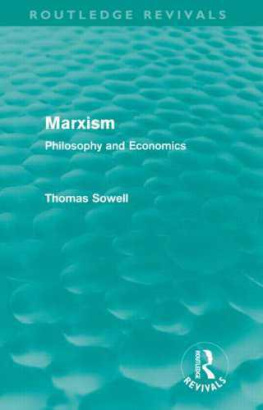

 Economic and free goods
Economic and free goods
 The factors of production
The factors of production